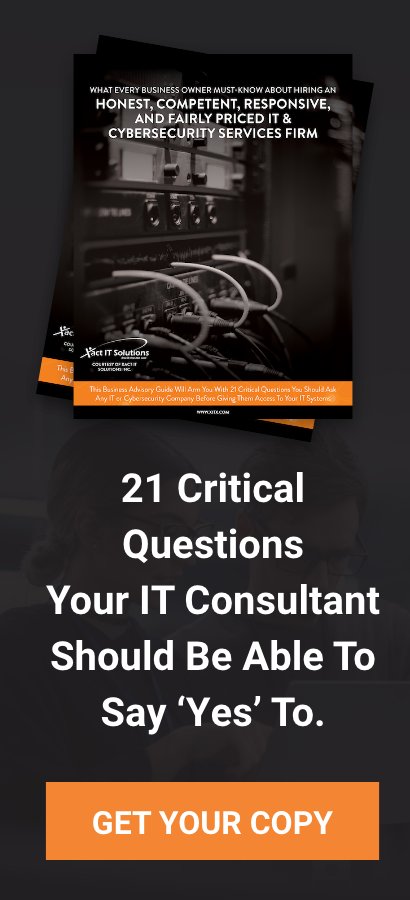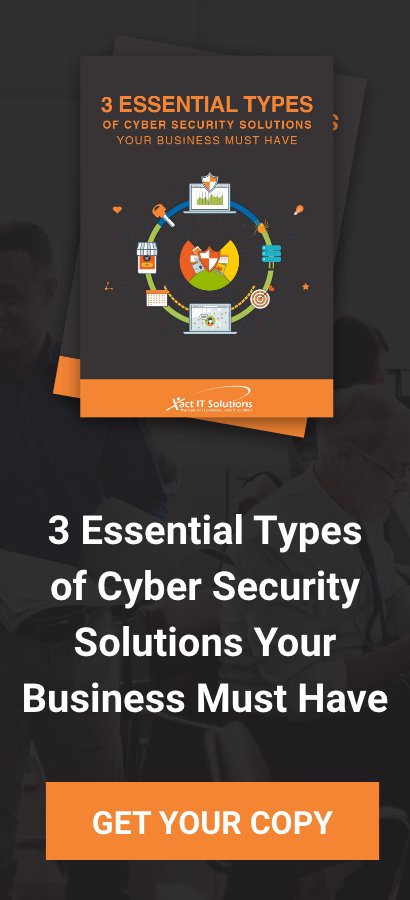What are social networking sites?
Social networking sites, sometimes referred to as "friend-of-a-friend" sites, build upon the concept of traditional social networks where you are connected to new people through people you already know. The purpose of some networking sites may be purely social, allowing users to establish friendships or romantic relationships, while others may focus on establishing business connections.
What security implications do these sites present?
Social media and dating sites depend on associations and communication, so they urge you to give up some personal data to use their (typically free) platform. When choosing how much data to share, individuals may let their guard down online versus meeting somebody in person.
The web can make you feel anonymous
The web gives an incorrect conviction that all is well with the world
You provide data for friends and family, failing to remember that others may see it
You share experiences to intrigue potential companions or partners
While most individuals utilizing these platforms don't represent a danger, vindictive individuals might be attracted to you because of the openness and amount of individual data accessible. The more data vindictive individuals have about you, the simpler it is for them to exploit you. Bad actors may frame connections on the web and afterward persuade clueless people to meet them face to face. That illusion could prompt a hazardous circumstance.
Individual data can likewise be utilized for a cyber attack or extortion. Using data that you give about your area, pastimes, interests, and companions, a pernicious individual could persuade you that they have the information to get to other individuals or financial information.
Furthermore, due to the access, these criminals can gain, attackers may utilize the trust to launch a ransomware attack or other malware. Sites or users that offer applications created by outsiders are evil. Attackers might have the ability to make modified applications with all the earmarks of being honest while contaminating your PC or sharing your data without your insight.
How can you protect yourself?
- Limit the amount of personal information you post - Do not post information that would make you open you up to an attack or scam. Posting details such as where you work, your addresses, or information about your schedule. Things like going on vacation, for example. Another essential thing to consider is that your friends and connections can post information about you. It's important to evaluate everything posted to ensure the combined information is not giving hackers and scammers a leg up. On the other hand, be respectful of what you post about other people. It's good practice to talk about what your friends are comfortable with you posting about them.
- Remember that the internet is a public resource - Only post information you are comfortable with anyone seeing. If you wouldn't want it broadcasted in an NFL stadium or shown on the massive video screen, you probably don't want it online. This includes posts and photos in your profile and blogs, and other forums. Also, once you post information online, It's permanent. Even if you remove the data from a site, saved or cached versions may still exist on other people's machines.
- Be wary of strangers - The internet makes it easy for people to create fake accounts or take control of their friend's accounts. Limiting who can contact you on these sites is essential. Be careful how much information you reveal to people you meet online whom you do not know that well.
- Be skeptical - Believe it or not, everything you read online is not right or accurate.
People and organizations post false and misleading information all the time. People will even post incorrect information about themselves or their lives. Sometimes it's just an exaggeration or a joke, but sometimes it is intentionally misleading to take advantage of you. Try to verify the authenticity of any information before taking any action. - Evaluate your security settings – Always check a social media site's privacy settings. The default settings for some areas may allow anyone to see your profile, but you can customize your settings to restrict access to only certain people. Each time you post on most social media sites, you can choose whether or not the information is public or not. It is essential to know that changing that setting. These security settings can be changed from time to time by the Web site owners, so make sure to check your location periodically.
- Be wary of third-party applications – Things like social media games, quizzes, and polls, known as, Third-party applications may provide entertainment or functionality, but use caution. Avoid applications ask to modify your settings, and be wary of applications that ask for too much visibility into your private information.
- Use strong passwords – When a password is compromised, someone else may be able to access your account and pretend to be you. Make sure you are using a password manager or using a distinct difficult to guess password.
- Check privacy policies - Always understand the procedure for handling emails and referrals you give a Web site. Make sure that you do not unintentionally sign your friends up for spam. Some sites will continue to send email messages to anyone you refer until they join. Understand what can happen once you give someone your email address.
- Keep software, particularly your web browser, up to date - Attackers love taking advantage of known problems or vulnerabilities. Ensure you have the practice to check for and install software updates regularly. Most software and operating systems offer automatic updates. If this option is available, you should enable it.
- Use and maintain anti-virus software - Anti-virus software, specifically End Point Security, helps protect your computer against known viruses, hackers, and other threats. The software may be able to detect and remove the virus before it can do any damage.
Children are especially susceptible to the threats that social networking sites present. Although many of these sites have age restrictions, children may misrepresent their ages so that they can join. By teaching children about Internet safety, being aware of their online habits, and guiding them to appropriate sites, parents can make sure that they become safe and responsible users.




